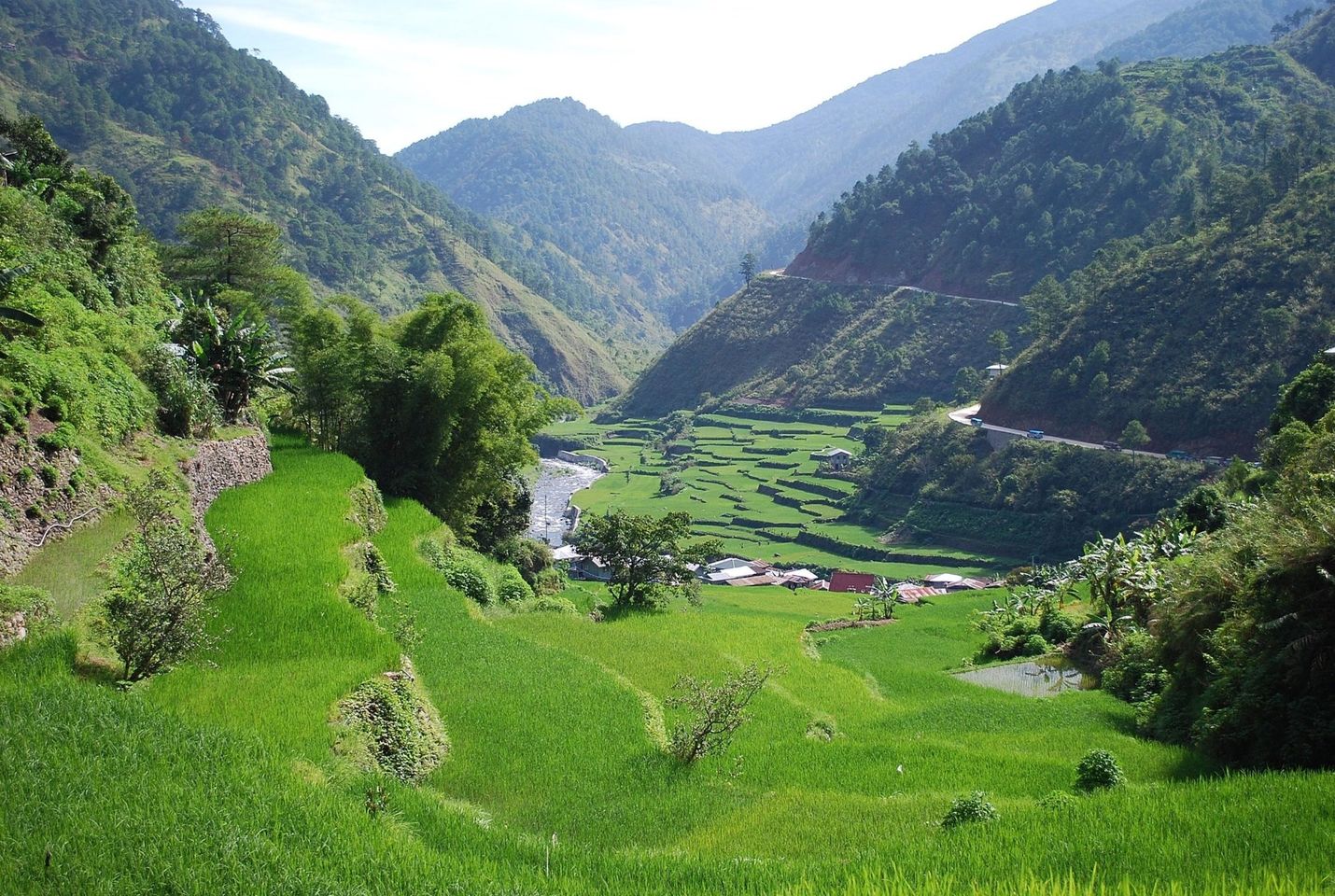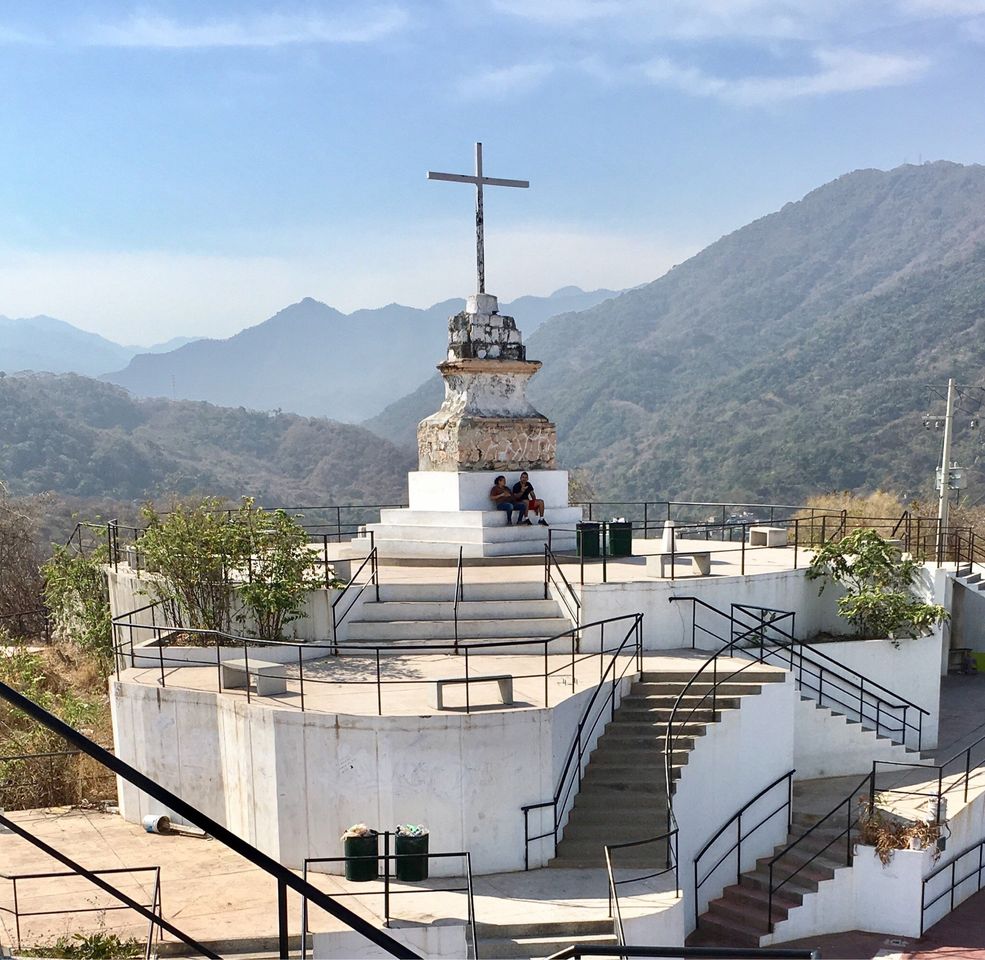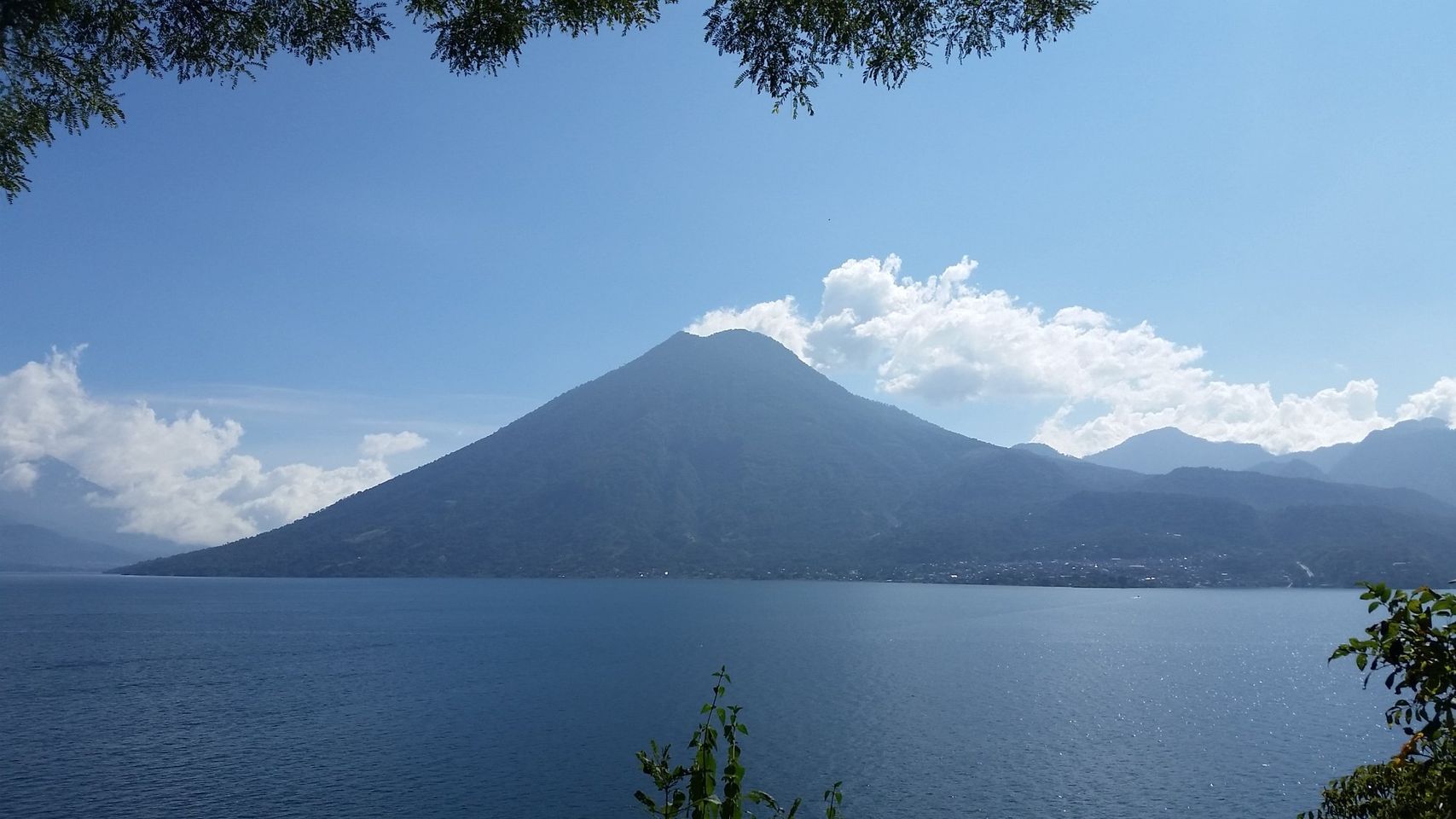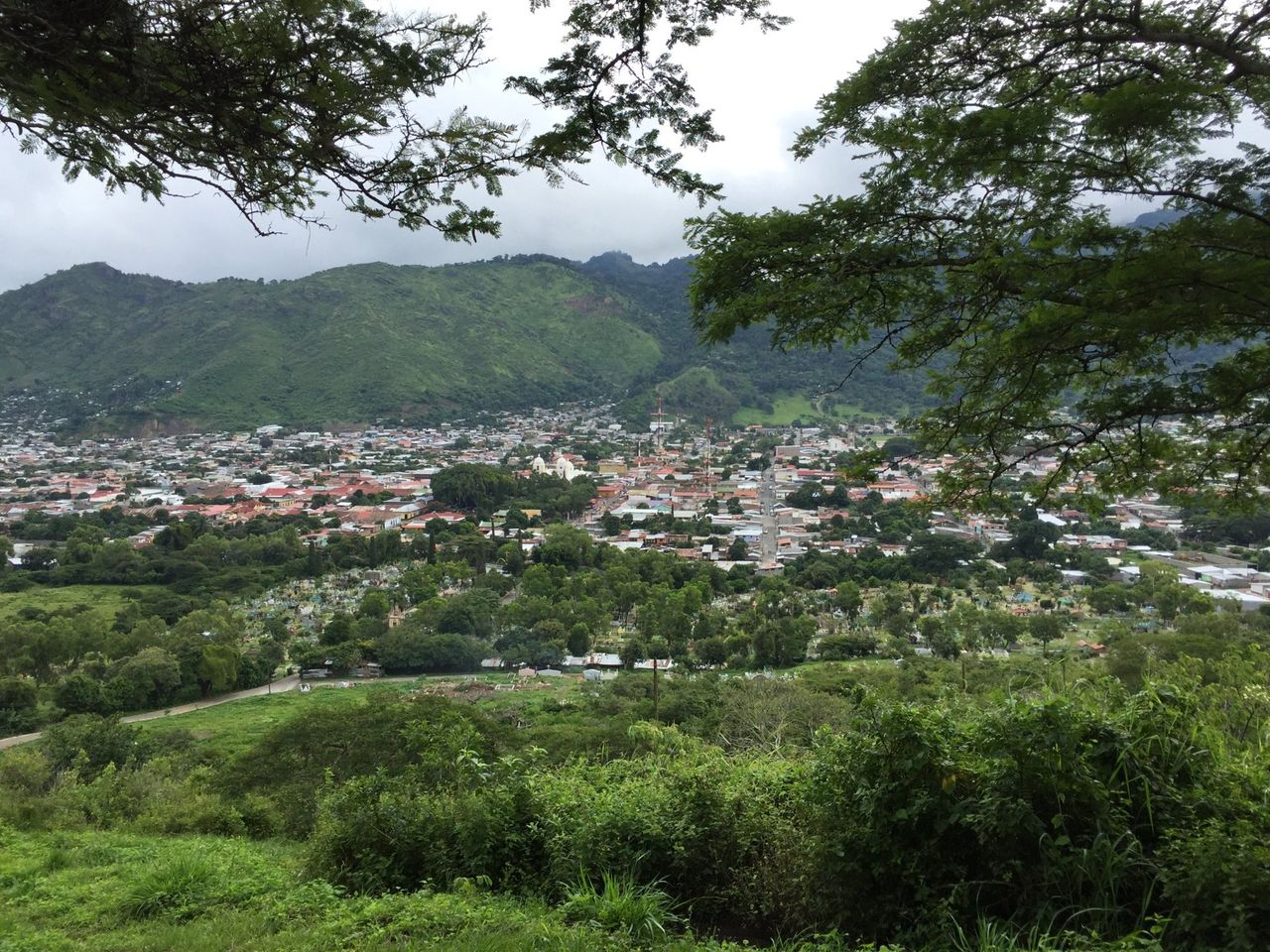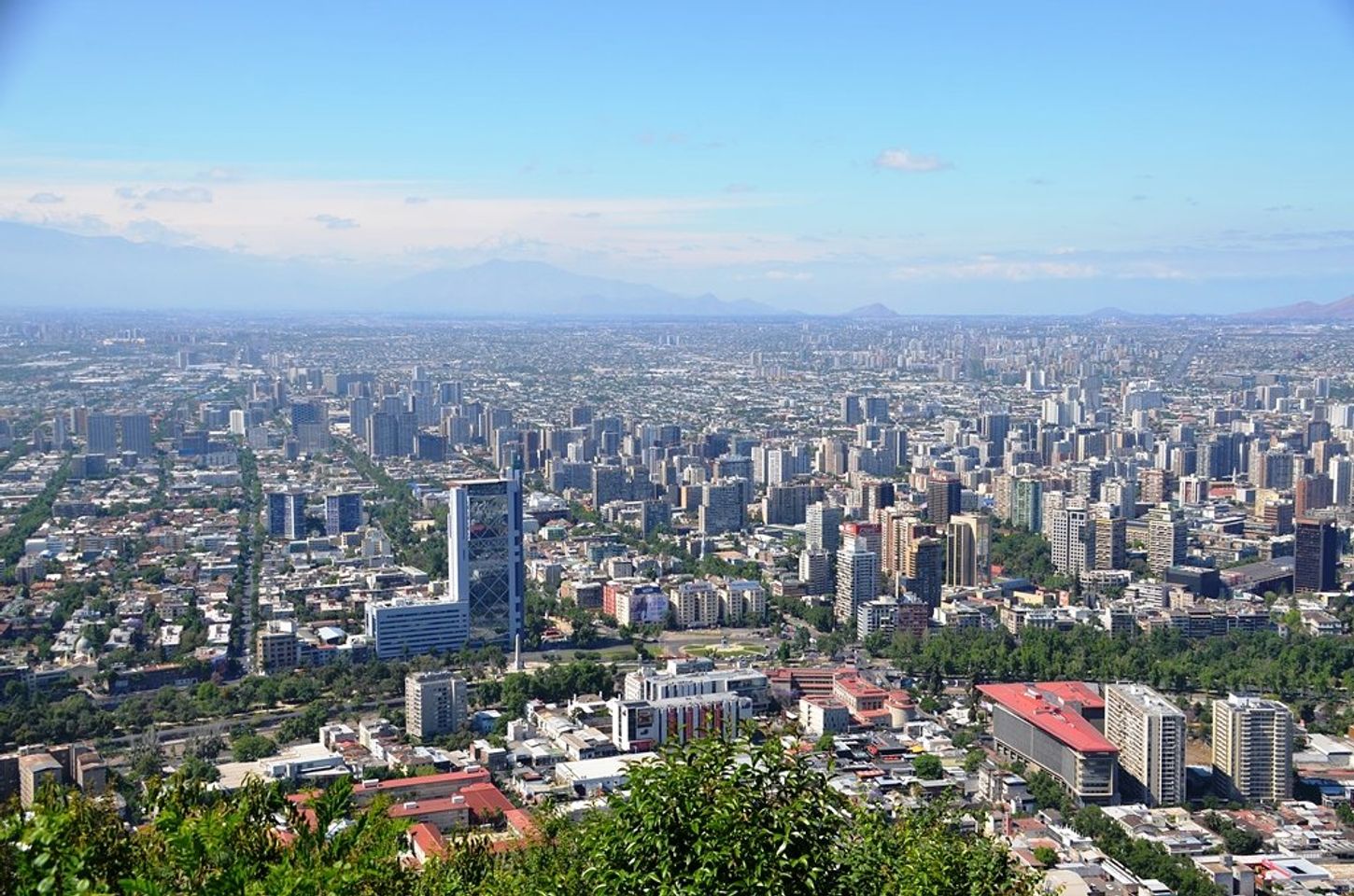Jinotega Travel Guide: Tips You Cant Afford to Miss!
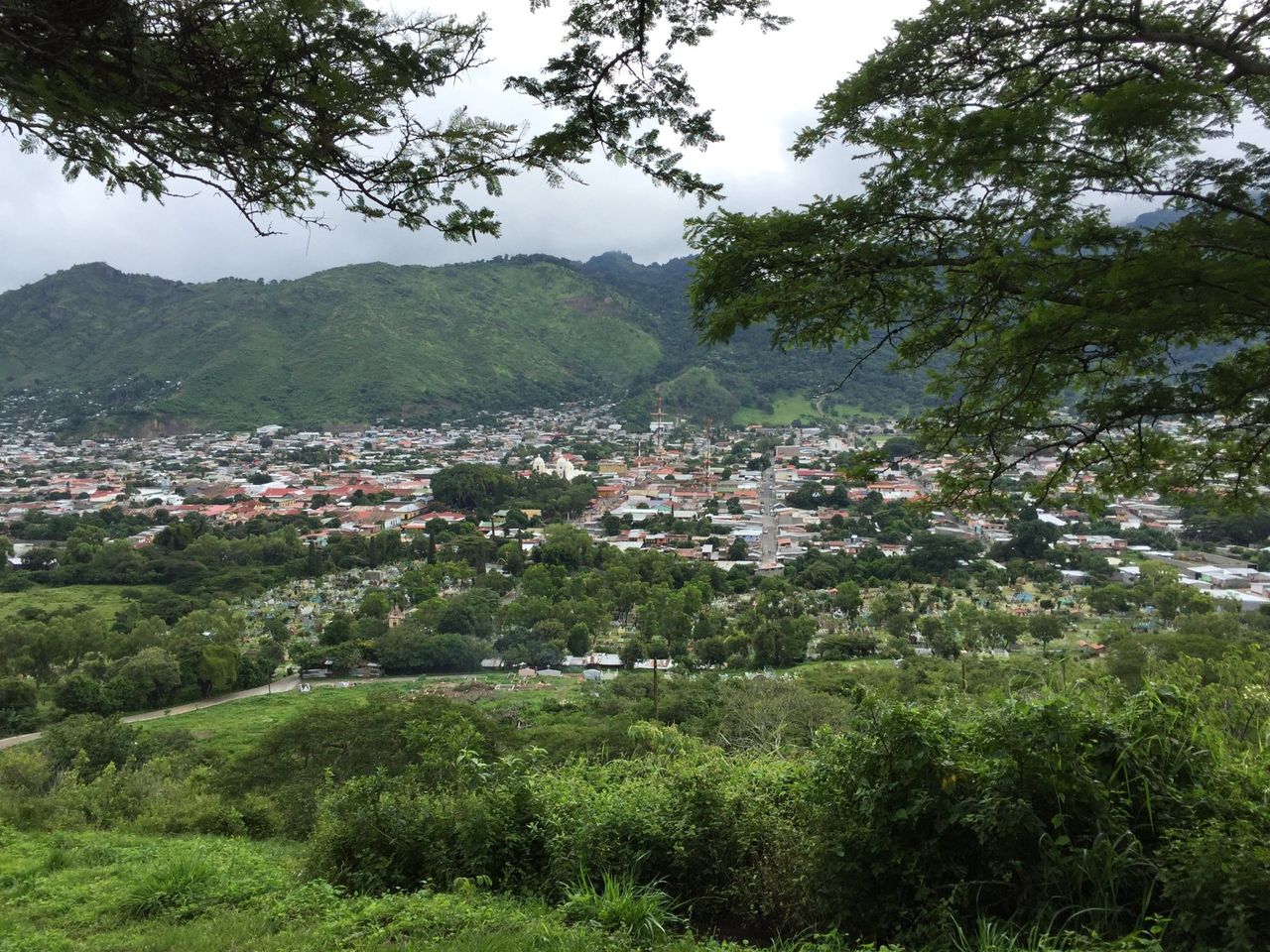
Jinotega, Nicaragua, is an extraordinary destination for anyone who wants to experience the rich culture and stunning natural beauty of this Central American country. However, before you pack your bags and head over to this charming town, there are certain things you need to know to make your trip a success.
First and foremost, Jinotega is not your typical tourist destination. It’s a small, rural town where most people speak Spanish and live a simple life. So, if you’re looking for a luxurious resort or a party scene, you might be disappointed. However, if you’re open to immersing yourself in the local culture and enjoying the natural wonders of the area, then Jinotega is the perfect place for you.
Secondly, Jinotega is located in the northern highlands of Nicaragua, which means it can get quite chilly at night. So, if you’re used to the tropical heat of the coast, make sure you pack plenty of warm clothes. Additionally, Jinotega is known for its coffee production, so be prepared to smell the aroma of freshly roasted coffee beans everywhere you go.
Overall, visiting Jinotega can be an incredibly rewarding experience, but it’s important to know what to expect before you arrive. In this article, we’ll delve deeper into what you need to know to make the most out of your trip to this beautiful part of Nicaragua. Click here to access the complete city guide for Jinotega.
Climate and weather
When it comes to traveling in Jinotega, Nicaragua, we can’t overlook the impact of climate and weather. Jinotega is blessed with a high-altitude tropical rainforest climate, with temperatures ranging from mild to chilly. However, due to climate change, unpredictable weather patterns have become the norm, leading to unexpected rainfall and temperature fluctuations.
As travelers, we have a responsibility to not only enjoy the natural beauty and resources of a destination but also to preserve it for the future. Therefore, it’s crucial to pack accordingly and travel responsibly. We recommend checking weather forecasts before embarking on any outdoor activity and carrying appropriate attire for various weather conditions.
Moreover, Jinotega’s climate and weather patterns should remind us of the significance of global climate action. Climate change due to human activities has affected even the remotest destinations in the world. So, let’s pledge to be responsible and environmentally conscious travelers and support sustainable tourism practices. Together, we can work towards preserving Jinotega’s exquisite natural beauty for future generations to experience and enjoy.
Local customs and culture
As travelers, it’s our duty to respect and embrace the local customs and culture of the places we visit. When traveling to Jinotega, Nicaragua, this is especially true. The city is home to a vibrant community that prides itself on its customs and traditions. We must be mindful of this and engage with the locals in a respectful and non-intrusive manner.
One of the best ways to connect with the locals is through food. Jinotega is known for its delicious gastronomy, and we highly recommend indulging in the local cuisine. From freshly roasted coffee to hearty stews, the flavors of Jinotega will leave a lasting impression. More importantly, by eating local, we support the community and help preserve their culinary heritage.
As we explore Jinotega, we must also be mindful of the local customs. People here are warm and welcoming but are also very traditional. For example, it is customary to greet people with a handshake or hug, so we should follow suit. Additionally, we should dress appropriately, covering our shoulders and knees in public spaces. These small gestures go a long way in respecting local customs and help us connect with the community on a deeper level.
Language and communication
As travelers, we rely heavily on language to communicate and navigate unknown territories. In Jinotega, Nicaragua, language can be a barrier to effective communication due to the prevalence of Spanish as the primary language. However, it is possible to navigate and communicate in Jinotega with some basic Spanish skills.
It is important to note that not every resident of Jinotega speaks Spanish fluently, as there are still indigenous communities who speak their native languages. Therefore, it is essential to learn some basic Spanish phrases and consider learning about the culture and customs of the indigenous groups to effectively communicate with the locals.
Moreover, we must respect the local culture and language. When communicating in Jinotega, we should be patient and humble, always willing to learn and appreciate the nuances of the language. This attitude fosters good relationships with the locals and allows us to fully immerse ourselves in the culture and the community. Ultimately, successful communication in Jinotega depends on mutual respect and a willingness to adapt to the local customs and language.
Transportation options
When it comes to transportation options in Jinotega, we have to say that there’s a lot to be desired. While the city itself is beautiful and has plenty to offer, getting around can be a real challenge. The bus system is erratic at best and can be a nightmare if you’re not familiar with the routes. Taxis are an option, but they can be expensive and not always reliable. Plus, many drivers may try to take advantage of tourists by charging inflated prices.
However, we don’t want to discourage anyone from traveling to Jinotega. There are some transportation options that are worth considering, particularly if you’re up for an adventure. One option is to rent a bike or a scooter. This allows you to explore the city at your own pace and take in the beautiful scenery along the way. Additionally, this option is often more cost-effective than taxis and can be a memorable experience in and of itself.
Another option to consider is joining a tour group. While this option might not be for everyone, it can be a great way to see the sights in and around Jinotega without worrying about transportation. Some tour groups offer transportation as part of their service, making it easy to get around without having to worry about the logistics. Plus, a tour guide can offer insights and information that you might not get on your own.
In conclusion, while transportation in Jinotega can be a challenge, there are viable options available. As with many aspects of travel, it’s all about finding the right fit for your needs and preferences. Whether you opt for a bike rental, join a tour group, or brave the bus system, we’re sure you’ll find a way to make the most of your time in this beautiful city.
Currency and banking
When traveling to Jinotega, Nicaragua, you might want to have cash on hand. Local markets and small businesses in this area might not accept credit cards or other forms of payment. That means it’s essential to bring a sufficient amount of cash with you during your trip.
However, it’s crucial to keep your money safe while traveling. Keep it on you or in a secure location such as a hotel safe. It’s also advisable to split your money in different bags or pockets in case of theft or loss.
Before traveling to Jinotega, it’s best to research and understand the banking system in the area. This will help you to avoid any surprise fees or issues during your trip. Additionally, banks might have limits on the amount you’re allowed to withdraw or exchange. Knowing these limits ahead of time will help prevent any frustration or disappointment during your travels.
Health and safety precautions
As savvy travelers, we all know the importance of taking care of ourselves when we’re on the road. But when it comes to visiting a new place like Jinotega in Nicaragua, we can’t afford to be careless. Jinotega is a beautiful place to visit, but it is important to understand the potential health risks that come with visiting any new place, especially in developing countries.
One of the most critical health and safety precautions to take when traveling in Jinotega is to ensure that you are up-to-date with all necessary vaccinations. Make sure you’re vaccinated against diseases like hepatitis A and B, yellow fever, tetanus, and typhoid. It’s also important to practice good hygiene habits, such as washing your hands regularly and avoiding drinking unclean water.
Additionally, it’s important to be aware of potential safety concerns when traveling in Jinotega. Crime can occur in any place, and while Jinotega is generally considered a safe city, it’s still important to exercise caution. Avoid walking alone at night, be aware of your surroundings, and keep your valuables in a secure place. By taking these health and safety precautions seriously, we can ensure that our trip to Jinotega will be a memorable and safe experience.
Conclusion
In conclusion, we cannot stress enough the importance of being well informed before traveling to Jinotega, Nicaragua. This beautiful and historic region offers a lot of attractions and cultural experiences, but it is also important to be aware of the potential risks and challenges that come with traveling to a foreign country.
Firstly, it’s crucial to do your research and learn as much as possible about the region before you go. This includes understanding the local customs, traditions, and culture, as well as potential safety concerns that may affect your travels.
Secondly, make sure to pack appropriately for the climate, as Jinotega can be quite damp and cold, particularly in the higher elevations. Proper clothing and gear will ensure you’re comfortable and able to fully enjoy your trip.
Finally, we encourage you to embrace the local culture and engage with the friendly and welcoming people who call Jinotega home. By respecting the local customs and traditions, you’ll gain a deeper appreciation for this fascinating region and leave with memories that will last a lifetime.
Overall, traveling to Jinotega, Nicaragua can be an incredible and rewarding experience, but it requires a bit of preparation and attention to detail. We hope that the information provided in this article has been helpful and that you’re inspired to explore this beautiful and historic region of Central America.

